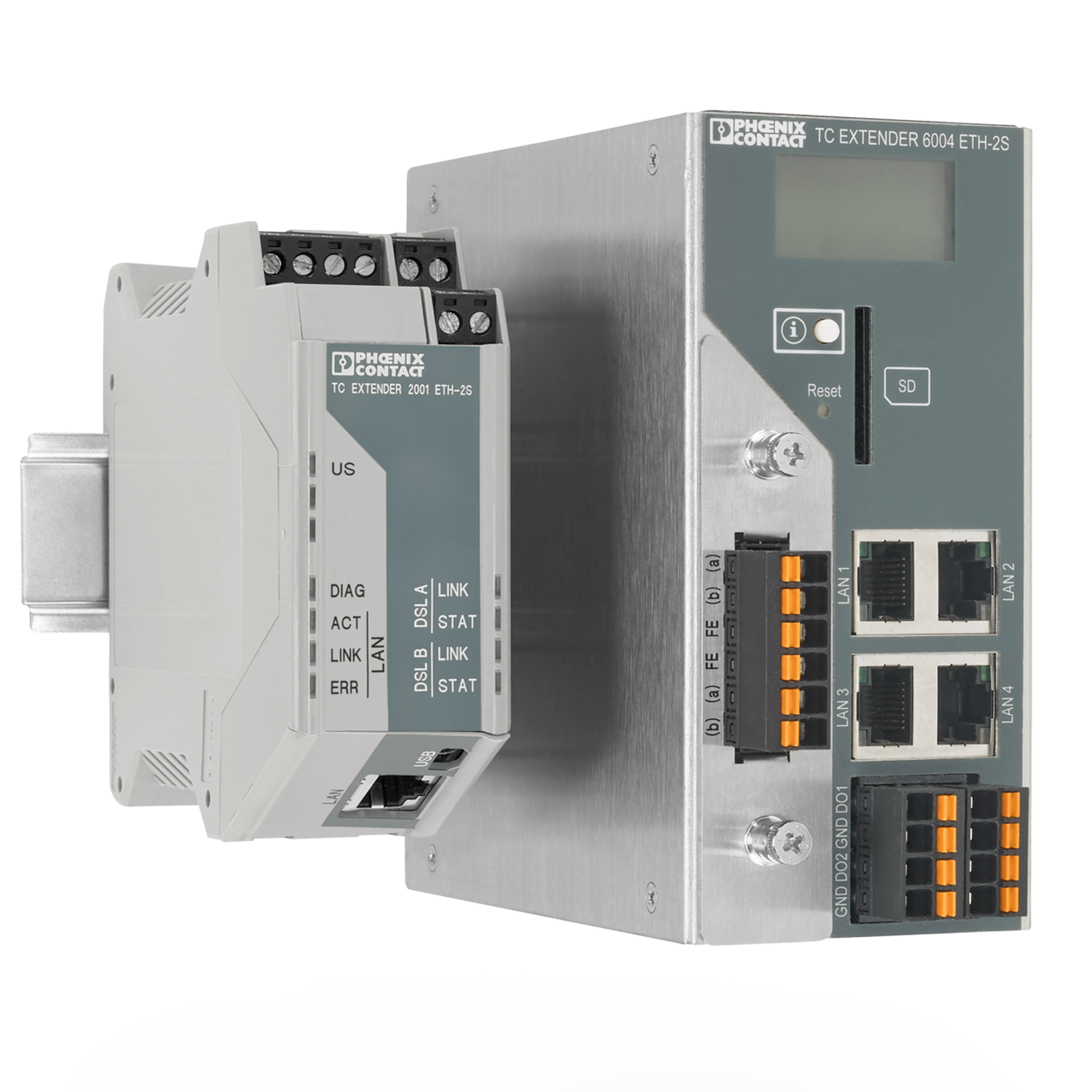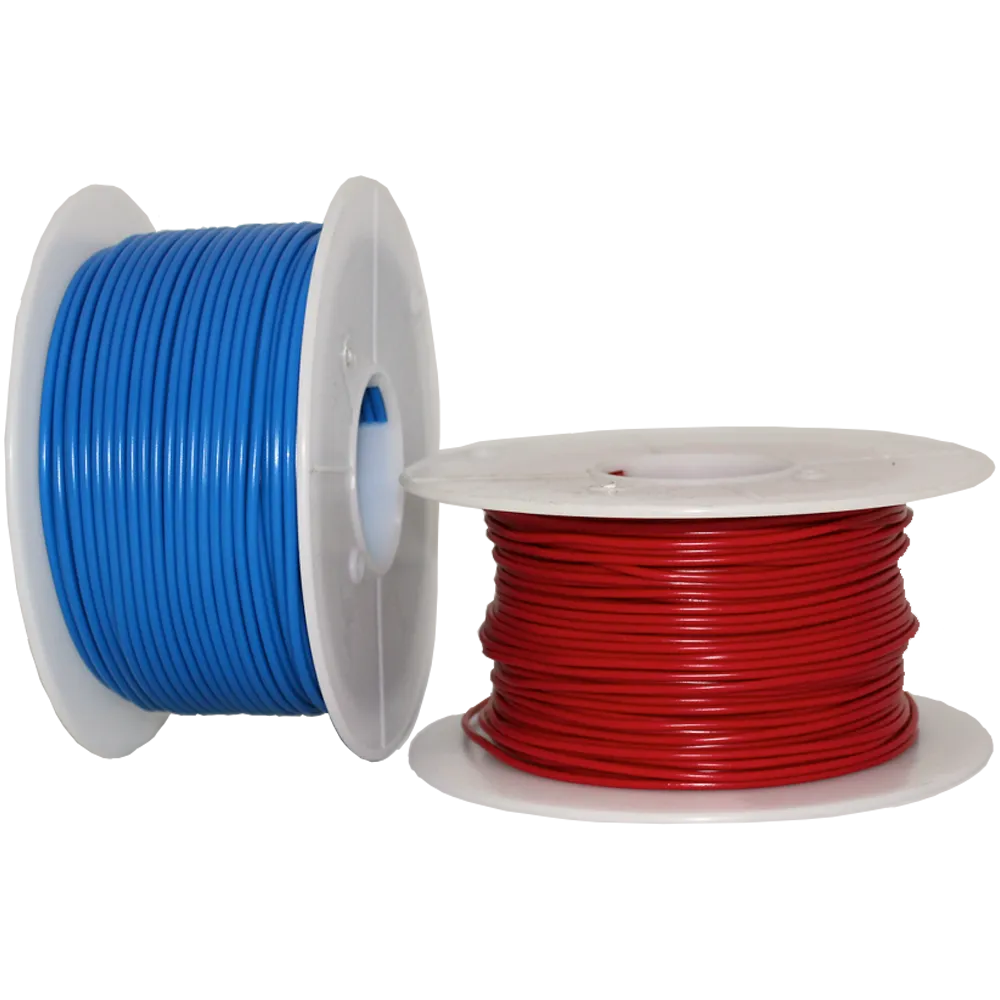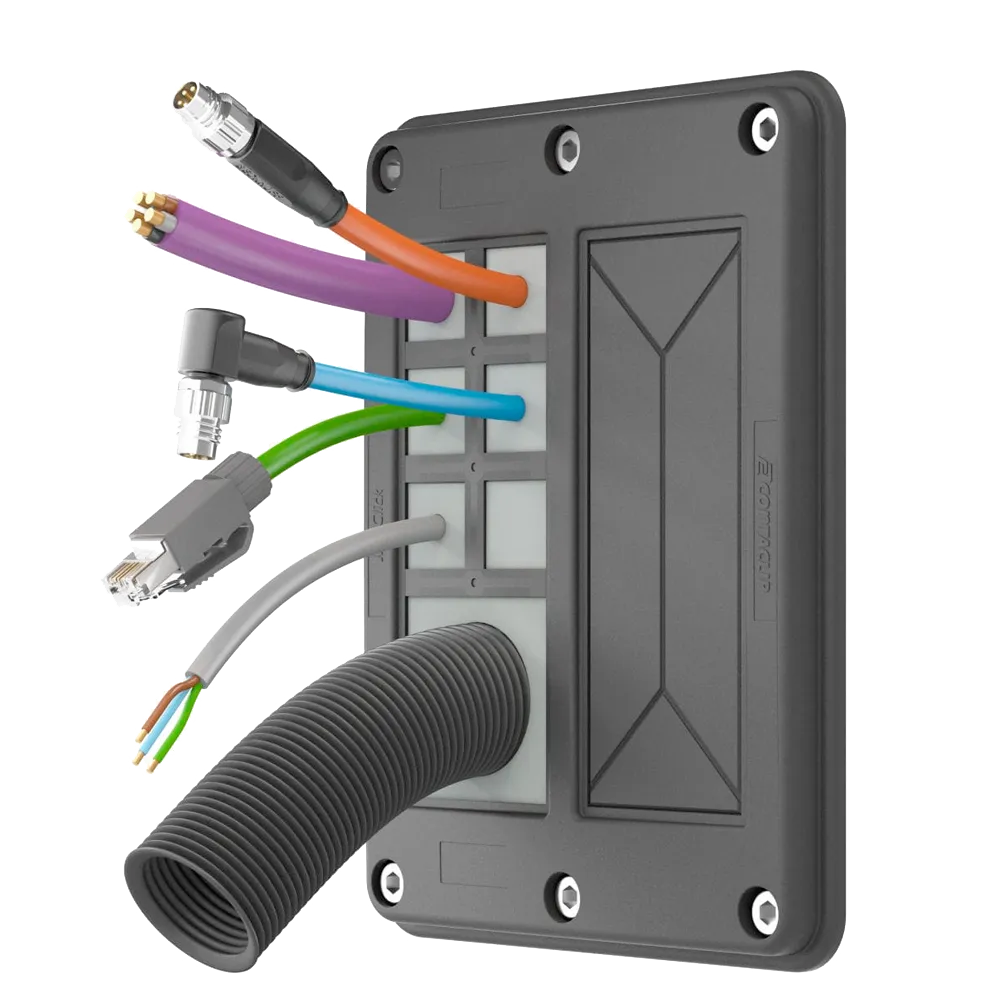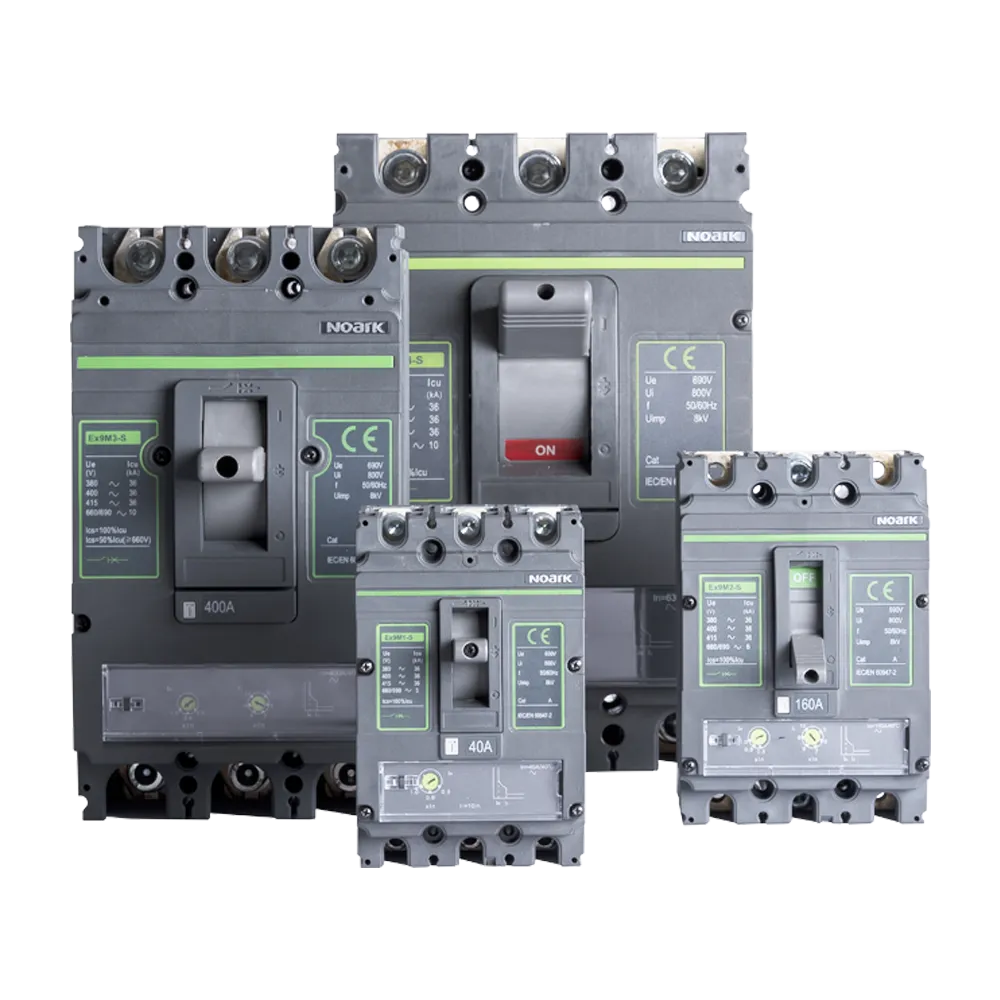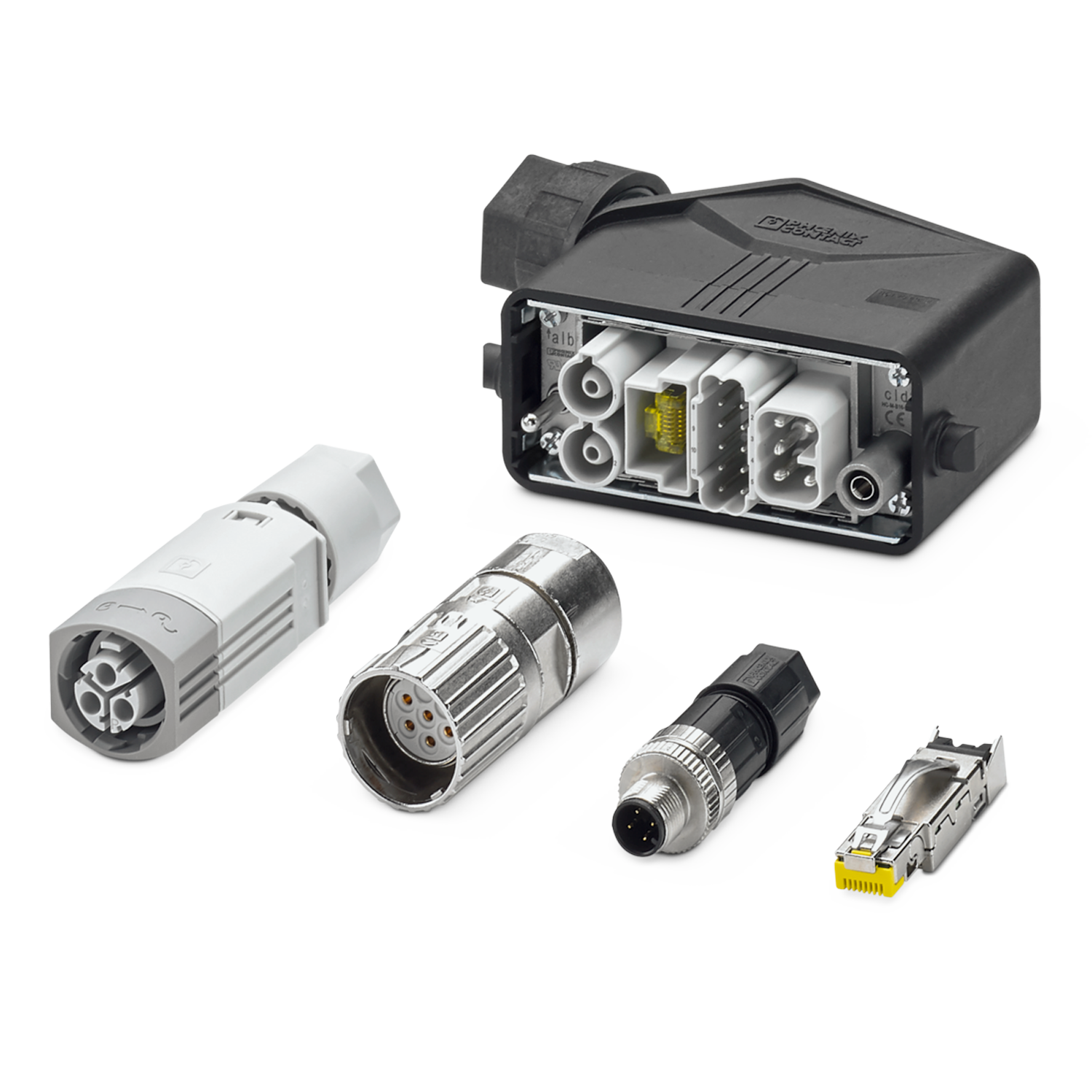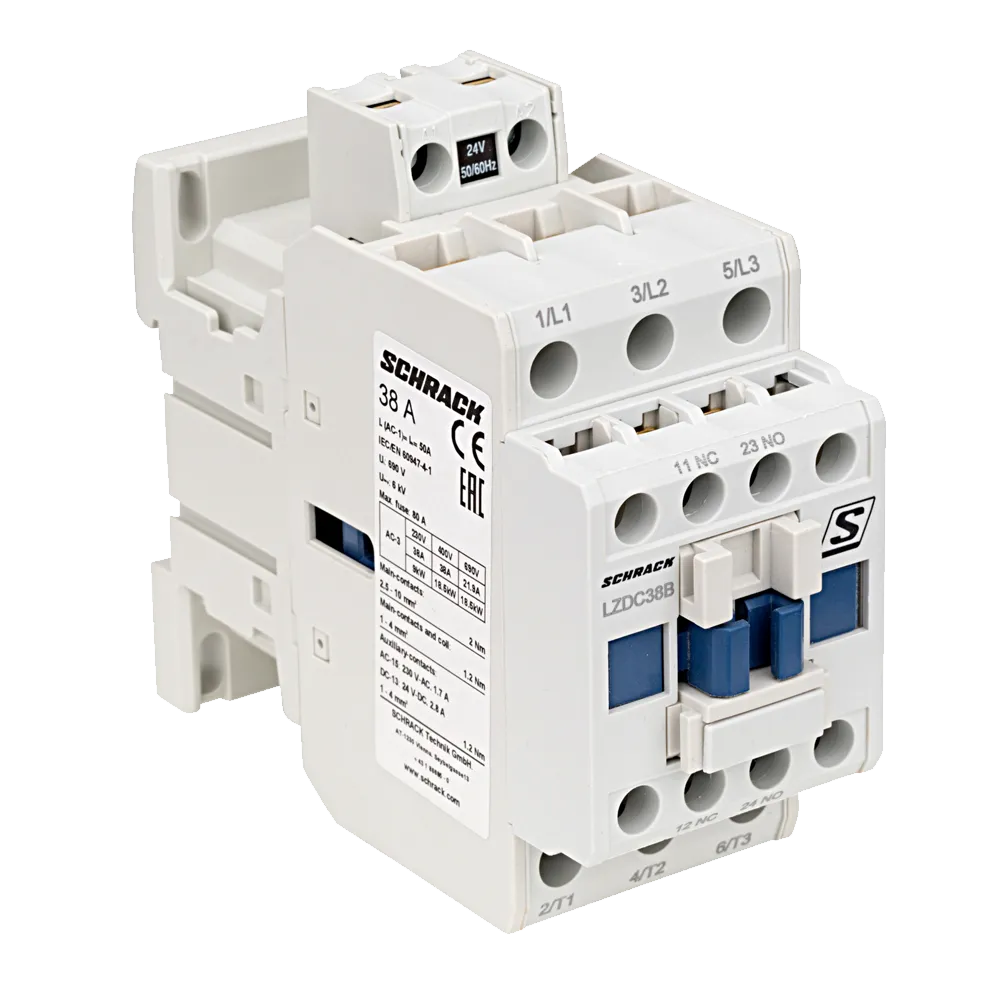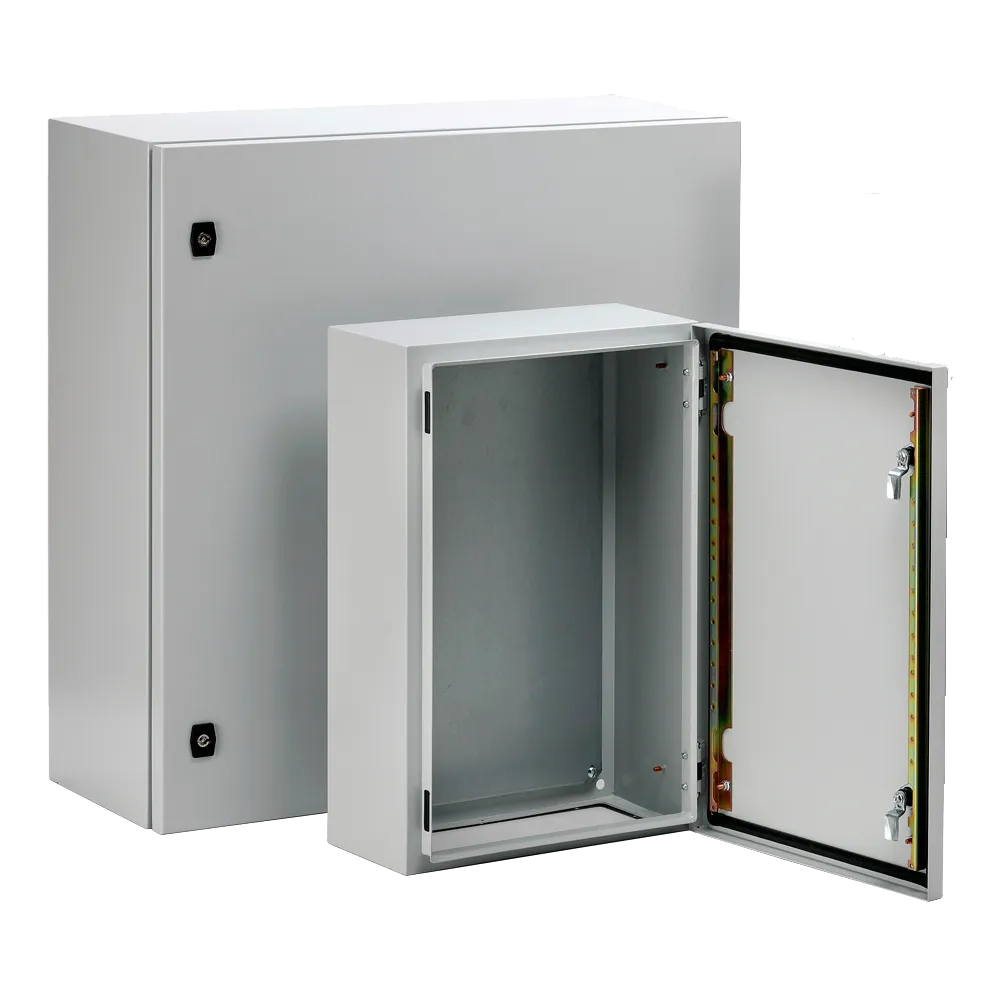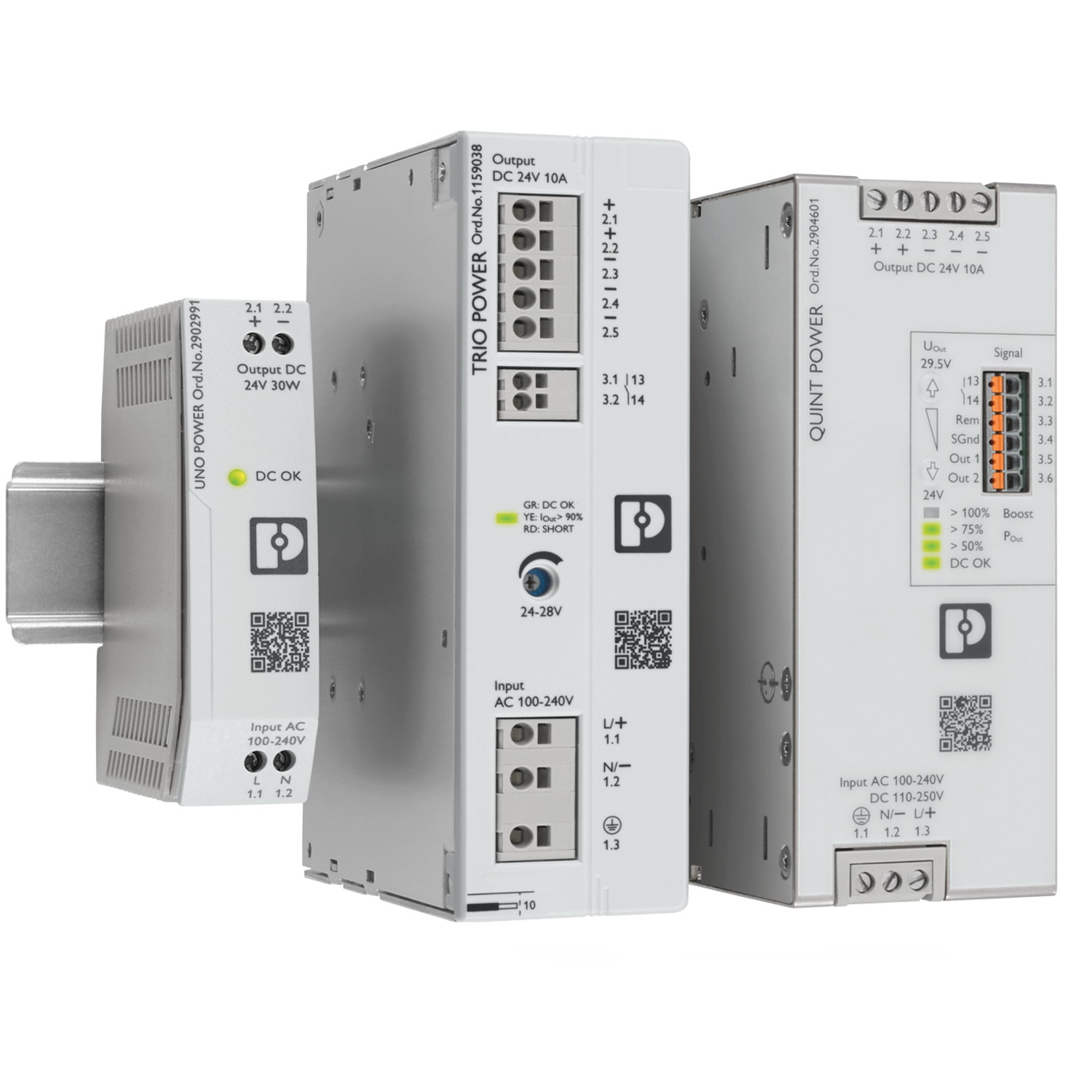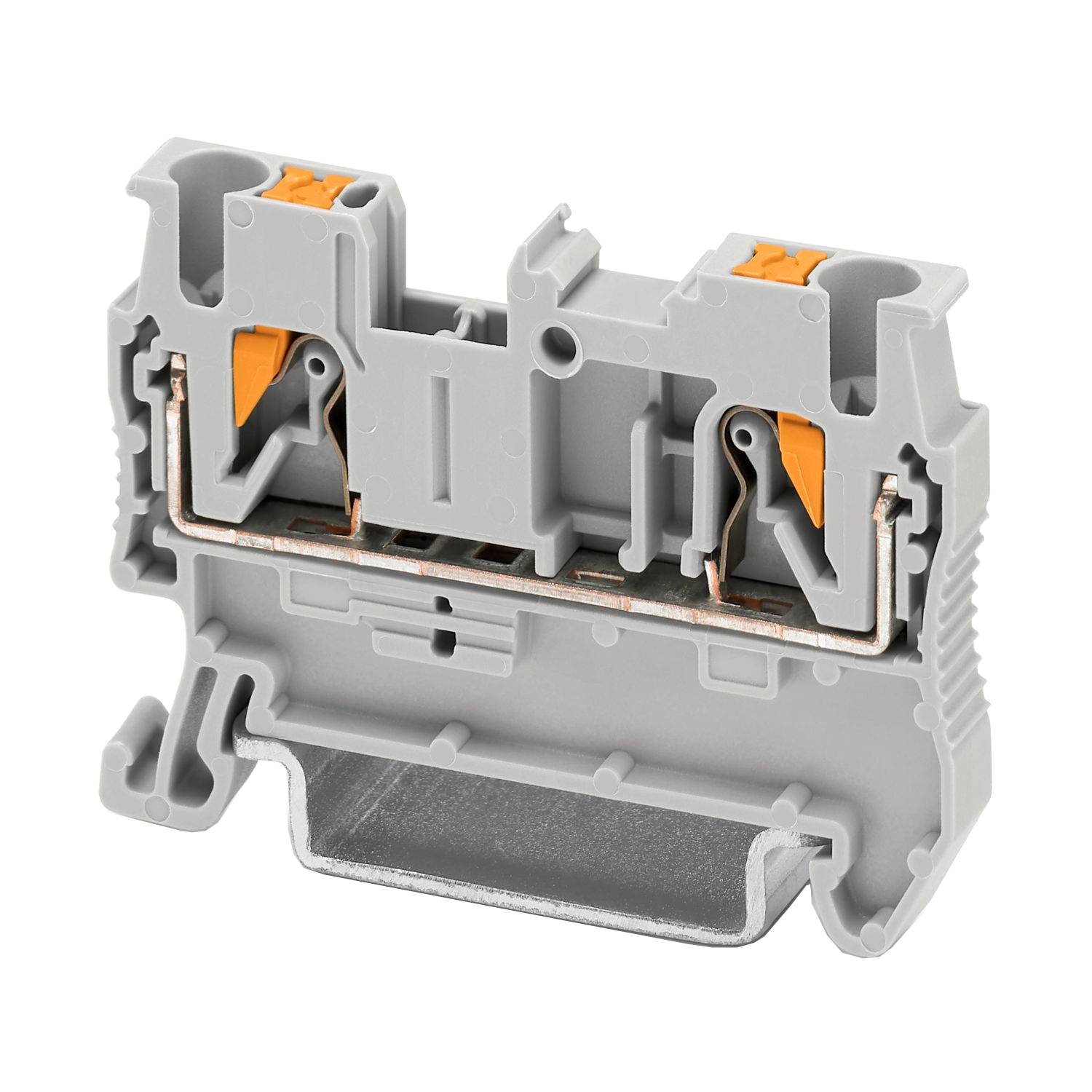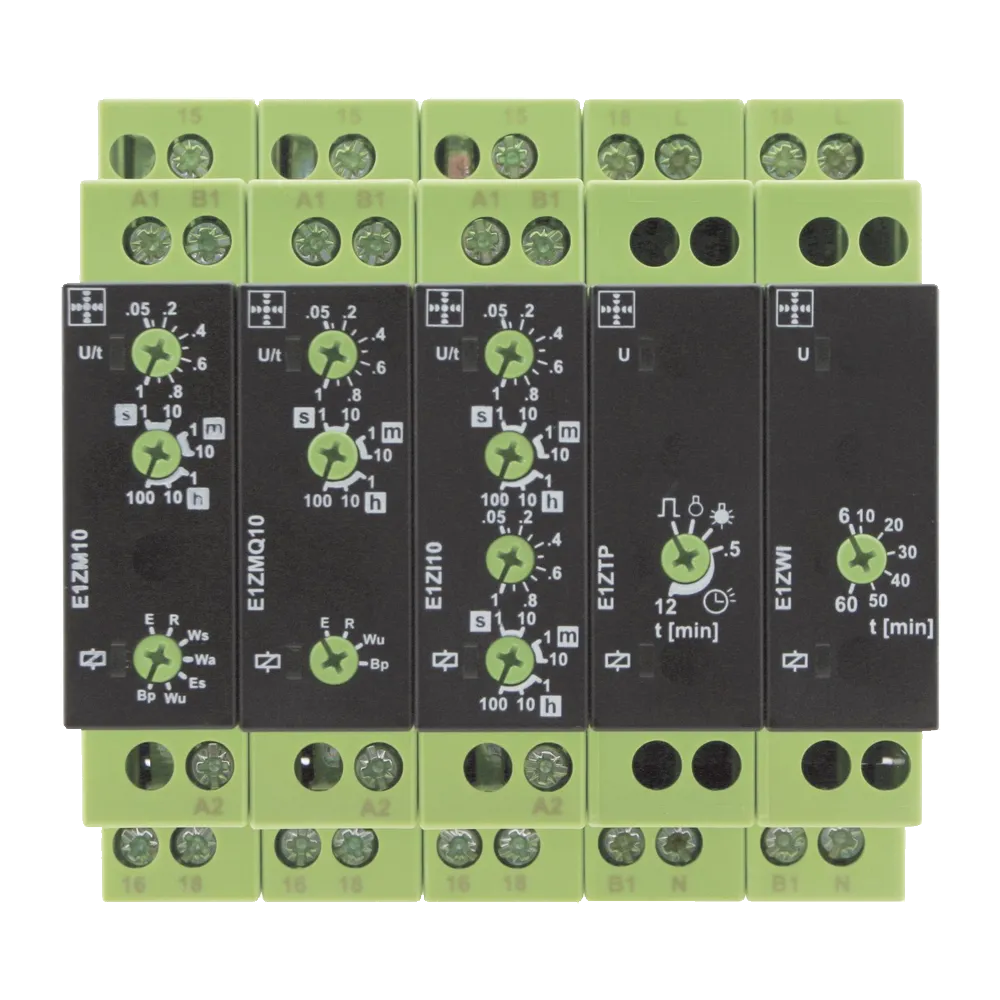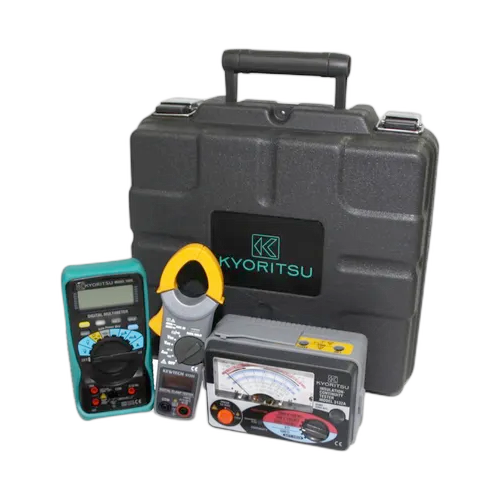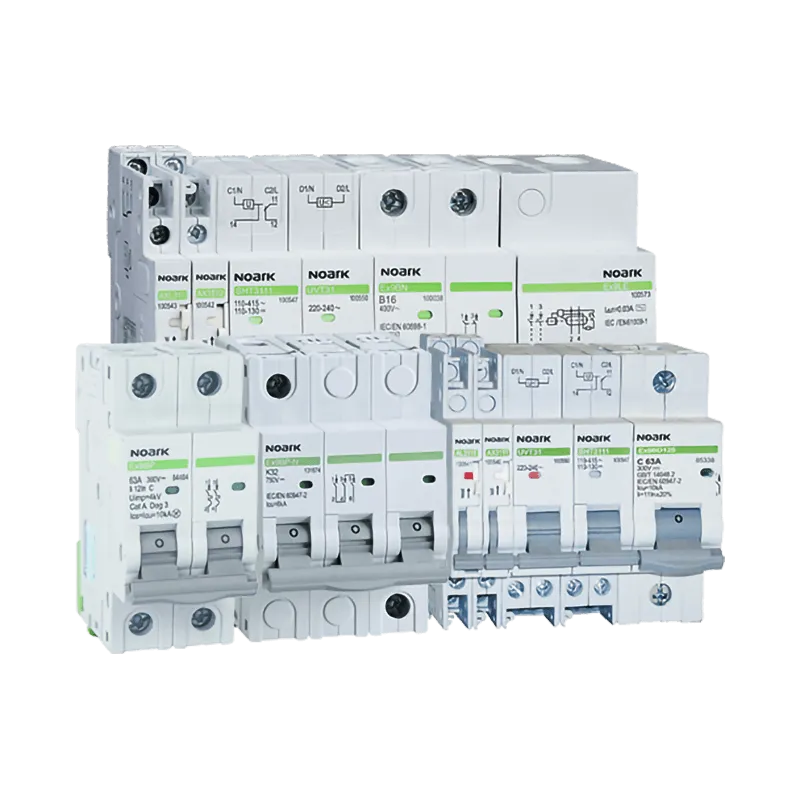
Exploring the difference between an AC circuit breaker and a DC circuit breaker?
AC and DC refer to two distinct types of current flow in electrical circuits. AC, or Alternating Current, changes direction periodically in the form of a sine wave. DC, or Direct Current, flows continuously in one direction.
AC Circuit Breakers are designed to interrupt electricity flow when a fault occurs, like an overload or short circuit. AC circuit breakers take advantage of the AC current waveform, which naturally crosses zero volts at regular intervals during each cycle. This zero crossing allows the arc within the breaker to extinguish safely, isolating the fault.
What is a DC circuit breaker?
DC circuit breakers operate similarly to AC circuit breakers but face a unique challenge. Unlike AC, DC current does not naturally pass through a zero point, making it harder to interrupt and extinguish the arc. Therefore, DC circuit breakers require a more complex design to effectively extinguish the arc.
How Does a DC Circuit Breaker Work?
DC circuit breakers work with the same principle of thermal protection and magnetic protection which is found in AC circuit breakers. Thermal protection in a DC circuit breaker protects against overload current, which is only slightly larger than normal operating current. And magnetic protection trips the DC circuit breaker when high fault currents are present, and the response is always instantaneous.
What is the difference between a DC circuit breaker and an AC circuit breaker?
A very important difference when interrupting alternating current and direct current is that the arc extinguishing point is higher for a DC circuit breaker. In direct current where voltage is continuous, the electric arc is constant and more resistant to interruption. For this reason, DC circuit breakers must include additional arc extinguishing measures: they typically have a mechanism to elongate and dissipate the electric arc in order to simplify interruption. In AC circuit breakers, arc interruption is simpler because the current is alternating and has values of zero in every cycle where it is easier to interrupt.
Why can't you use AC Circuit Breakers for DC?
There are three primary reason AC circuit breakers can't be used for DC applications lies in the fundamental differences between AC and DC current.
AC current naturally crosses zero current, aiding arc extinction in circuit breakers during faults. DC lacks this zero-crossing point, so arcs are not naturally extinguished. Using an AC circuit breaker in a DC system may lead to sustained arcs and potential hazards.
DC circuit breakers require specific arc-quenching mechanisms due to the absence of natural zero crossings. These include magnetic blowouts or techniques to rapidly increase contact distance, which are not typically found in AC circuit breakers.
AC circuit breakers are designed for maximum AC voltages, which may not adequately withstand DC voltages. DC voltages can degrade insulation materials faster than AC voltages of the same level.
While both AC and DC circuit breakers protect electrical circuits from faults, they are not interchangeable due to their inherent differences. Using an AC circuit breaker in a DC system can pose safety risks and may not effectively interrupt fault currents. Always use the appropriate type of circuit breaker for the specific system to ensure safety and proper operation.

